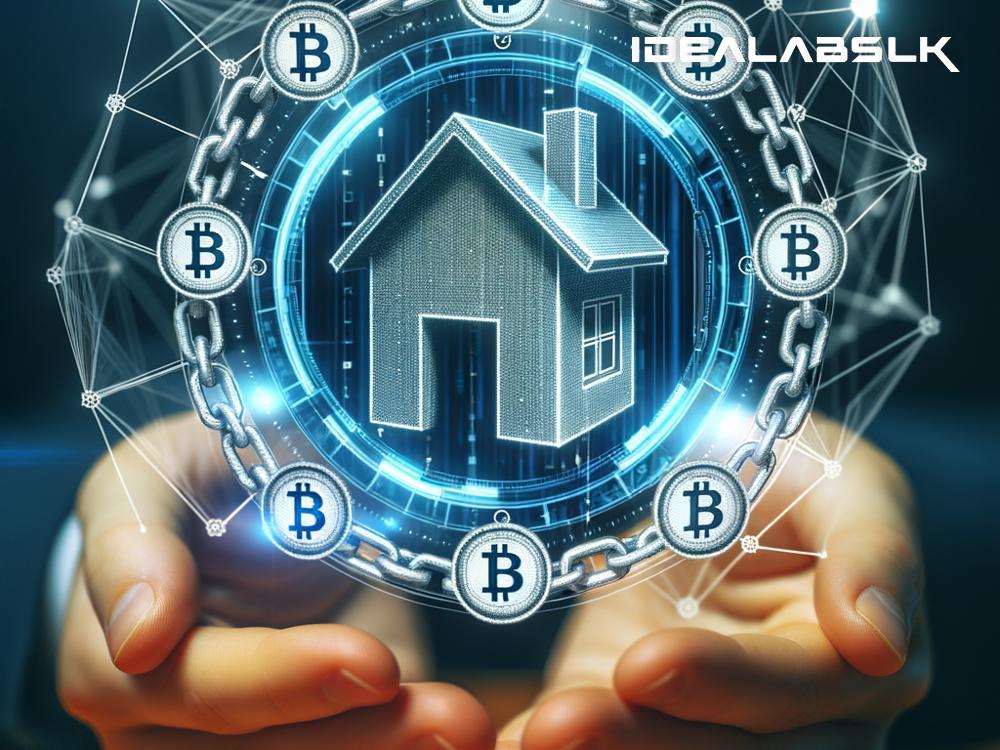Demystifying Blockchain in Real Estate Data Validation
The realm of real estate is vast, involving considerable documentation, transactions, and data validation. With technology consistently shaping how industries operate, blockchain technology emerges as a revolutionary tool, especially in the area of real estate data validation. Let's dive deep into what this buzz is all about, breaking it down into bite-sized, easy-to-understand pieces.
What is Blockchain Technology?
Imagine a digital ledger that is completely secure, transparent, and immutable; that's blockchain for you. Unlike traditional record-keeping methods, blockchain stores data in blocks, and once a block is full, it is closed and linked to the previously filled block, creating a chain. This technology is famously known for underpinning cryptocurrencies like Bitcoin, but its utility spans far beyond, offering remarkable benefits in various sectors, including real estate.
The Pain Points in Real Estate Data Validation
Real estate transactions are complex and require a high level of trust among parties due to the involvement of valuable assets. The traditional process involves numerous documents, including titles, agreements, and property history, which can be susceptible to fraud, errors, and inefficiencies. Verifying property details can be time-consuming and expensive, given the centralized and often outdated systems.
How Blockchain Comes into Play
Blockchain technology introduces a paradigm shift in how data is validated in the real estate sector. At its core, blockchain offers three key features that address the pain points mentioned above:
-
Transparency: With blockchain, all transactions and document histories are visible to all parties involved, making the entire process transparent. This significantly reduces the chances of fraud as any attempt to alter records would be visible to everyone on the network.
-
Security: Blockchain's decentralized nature and cryptographic encryption make it extremely secure. Once information is recorded on a blockchain, altering it is virtually impossible, ensuring the integrity of real estate data.
-
Efficiency: Blockchain can streamline the lengthy processes involved in real estate transactions. Smart contracts, self-executing contracts with the terms of the agreement directly written into lines of code, eliminate the need for intermediaries, reducing costs and saving time.
Real-World Applications in Real Estate
Let's translate these technical advantages into practical applications in the real estate world:
-
Title Records: One of the most promising applications of blockchain in real estate is in managing property titles. A blockchain-based title record system can reduce fraudulent title claims, ensure accuracy, and make title searches quicker and more efficient.
-
Transaction Process: Blockchain can simplify the property buying process by automating many steps, including verifications, payments, and contract execution, through smart contracts. This not only speeds up the process but also reduces the transaction costs.
-
Tokenization of Real Estate Assets: Blockchain enables the division of property into tokens that represent partial ownership. This can open up the real estate market to a broader range of investors, including those with smaller budgets, by allowing them to invest in fractions of property.
Challenges and The Road Ahead
Despite its potential, the adoption of blockchain in real estate is not without challenges. Regulatory uncertainty, the need for a robust legal framework, and the requirement for widespread industry acceptance are significant hurdles. Moreover, there's a considerable learning curve involved for all stakeholders to understand and trust this new technology.
However, the journey has begun. Several startups and even traditional real estate companies are exploring blockchain to improve various aspects of the industry. Governments around the world are recognizing the potential benefits and beginning to experiment with land registries and other property-related data on the blockchain.
In Conclusion
Blockchain technology holds the promise to transform the real estate industry by making data validation secure, transparent, and efficient. While it's still early days, and there are challenges to be overcome, the potential benefits are too significant to ignore. As we gradually demystify blockchain and its applications in real estate, it's clear that this technology isn't just a fleeting trend but a fundamental shift in how we handle and trust data in the realm of real estate transactions. The future of real estate data validation is on the cusp of a revolution, with blockchain leading the way.

